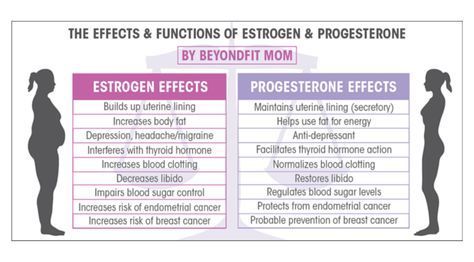Sleep is an essential factor in maintaining overall health and well-being. It plays a crucial role in various aspects of our lives, including weight management. Many studies have suggested a correlation between sleep duration and weight gain, making it necessary to understand the impact of sleep on our body weight.
The Connection between Sleep and Weight Gain
Research has indicated a strong link between inadequate sleep and weight gain. Lack of sleep affects our hormones and overall metabolism, leading to an increased appetite and difficulty in losing weight.
One hormone affected by sleep deprivation is ghrelin, also known as the hunger hormone. When we don’t get enough sleep, ghrelin levels increase, resulting in increased hunger cravings. This can lead to overeating and the consumption of calorie-dense foods.
On the other hand, sleep deprivation reduces the levels of leptin, the hormone responsible for regulating satiety and preventing overeating. With lower levels of leptin, we are more likely to feel hungry, even when our body doesn’t require additional calories.
The Role of Sleep in Metabolism
Adequate sleep directly impacts our metabolism. When we sleep, our body uses this time to repair, restore, and regenerate. Sleep deprivation disrupts these essential processes, leading to a slower metabolism.
Insufficient sleep affects insulin sensitivity, making it harder for the body to process glucose properly. This can lead to an increased risk of diabetes and weight gain.
Moreover, lack of sleep can disrupt the balance of other hormones that regulate metabolism, such as cortisol. Elevated cortisol levels can lead to increased fat storage, particularly in the abdominal region.
Impact of Sleep on Physical Activity
Sleep deprivation not only affects our hormones and metabolism but also influences our physical activity levels. When we are tired due to lack of sleep, we are less likely to engage in regular exercise or physical activities.
Moreover, the tiredness and fatigue caused by inadequate sleep can hinder our performance during workouts or any form of physical activity. This can result in reduced calorie expenditure and make it harder to achieve weight loss goals.
Tips for Improving Sleep and Weight Management
Improving sleep quality can have a positive impact on weight management. Here are some tips to enhance sleep:
Establish a consistent sleep schedule by going to bed and waking up at the same time every day, even on weekends.
Create a relaxing bedtime routine, such as reading a book or taking a warm bath, to signal to your body that it’s time to sleep.
Avoid electronic devices and stimulating activities before bedtime, as the blue light emitted by screens can disrupt your sleep patterns.
Create a comfortable sleep environment with a supportive mattress, cozy bedding, and a dark, quiet, and cool room.
Limit caffeine and alcohol intake, as they can interfere with your sleep quality.
Engage in regular physical activity, but avoid intense workouts close to bedtime as it may delay sleep onset.
If you’re struggling with sleep disorders or have persistent difficulties sleeping, consult a healthcare professional for guidance.
In Conclusion
Sleep plays a vital role in weight management. Inadequate sleep can disrupt hormonal balance, affect metabolism, and contribute to weight gain. By prioritizing quality sleep and making necessary lifestyle changes, we can improve our overall well-being and support our weight management goals.






